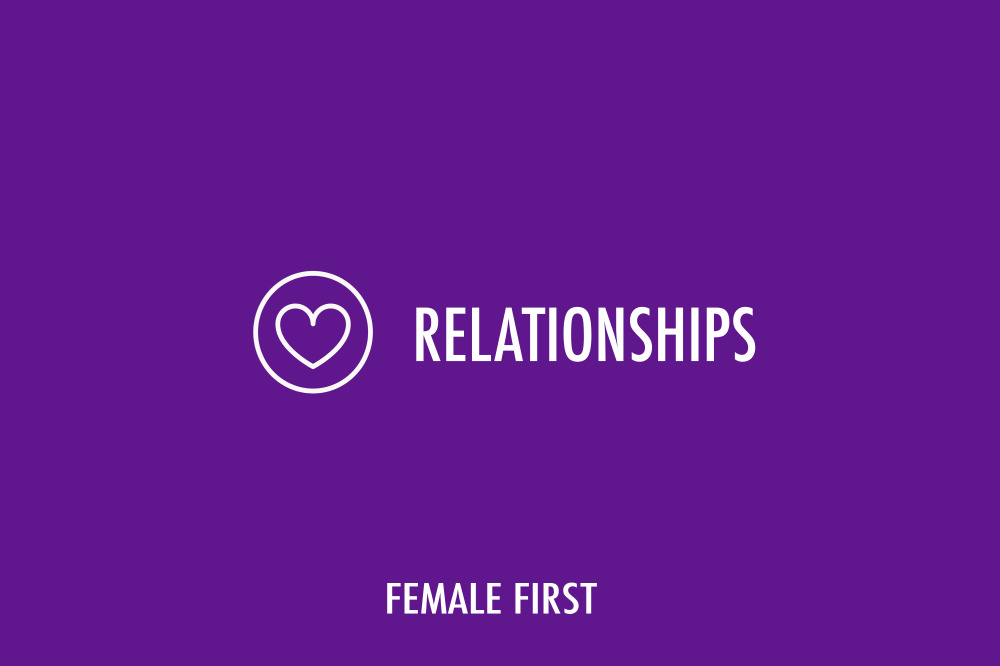“The death of a loved one is one of the most emotionally painful experiences we will encounter in our lifetime. Losing a partner or spouse – the person whom we often feel closest to – is understandably something that will change our lives forever and can have a significant impact mentally, physically, and emotionally.

Relationships on Female First
First and foremost, it is important to note that every relationship is completely unique, just like every individual is. Therefore, the way that one person might grieve might be very different to how someone else will – there really is no set pattern and no ‘right or wrong’ way to grieve.
After losing a loved one, people can experience a vast range of feelings and the following are all common emotional responses:
- Disbelief – feeling as if it cannot be happening and feeling in denial.
- Emotional pain – overwhelming and significant distress that is all-consuming and can get in the way of everyday tasks.
- Deep sadness or feelings of depression – some people can feel that life has lost meaning and purpose and that there is no point in living without their late partner or spouse. They may feel there is no hope.
- Anger – this might be towards themselves, others, or to the deceased loved one. People who feel this way might lash out at others or find blame in themselves for what has happened.
- Guilt – some may feel they are responsible in some way or another. Sometimes people feel as if they did not do enough with person who has died whilst they were alive or feel bad about missed opportunities, words left unsaid or angry exchanges which they now regret.
- Yearning – often people long for the presence of a loved one or find that they hear or see their deceased loved one. They might find themselves preoccupied with events that happened leading up to the death. This can be very frightening as it can appear that their sense of reality is diminished.
- Anxiety – it is common to experience anxiety about what the future might hold and how to face new challenges without having their loved one’s support.
Having the support of family and friends can be a huge comfort to those who might be grieving after the loss of their partner or spouse. However, even with support, some people going through a bereavement feel as though people around them simply cannot comprehend or understand the depth of their loss. This is why bereavement can be such a lonely and isolating experience.
When it comes to moving forward or entering a new relationship, this can add to the already distressing bereavement period. Some people find that it takes them a while before they could even consider entering a new relationship, whereas others do not – it really does depend on each person. Finding love after loss might resurface feelings experienced early on in the grieving process e.g. guilt and confusion. Some people might have to face negative judgements from others if they enter a new relationship, particularly from the families and friends of the deceased loved one. This inevitably can have a big impact on the long-term grieving process. It is important to acknowledge that it is also completely okay to not feel guilty and to be able to enter into a new phase of life with a sense of hope and excitement about the future.
Whilst grief is a completely normal and unavoidable process, it is also very complex, and everybody’s individual circumstances are different. It can be immensely reassuring to have helpful and understanding people around to listen and offer support.
Sue Ryder’s Online Community offers a safe space to talk about loss with other people who are going through their own grieving process. Additionally, our Online Bereavement Counselling Service offers one-to-one support if you are struggling to cope with the death of a loved one.”
Written by Sue Ryder Bereavement Counseller.
Sue Ryder provide palliative, neurological and bereavement support. For more information, visit sueryder.org
tagged in Love
